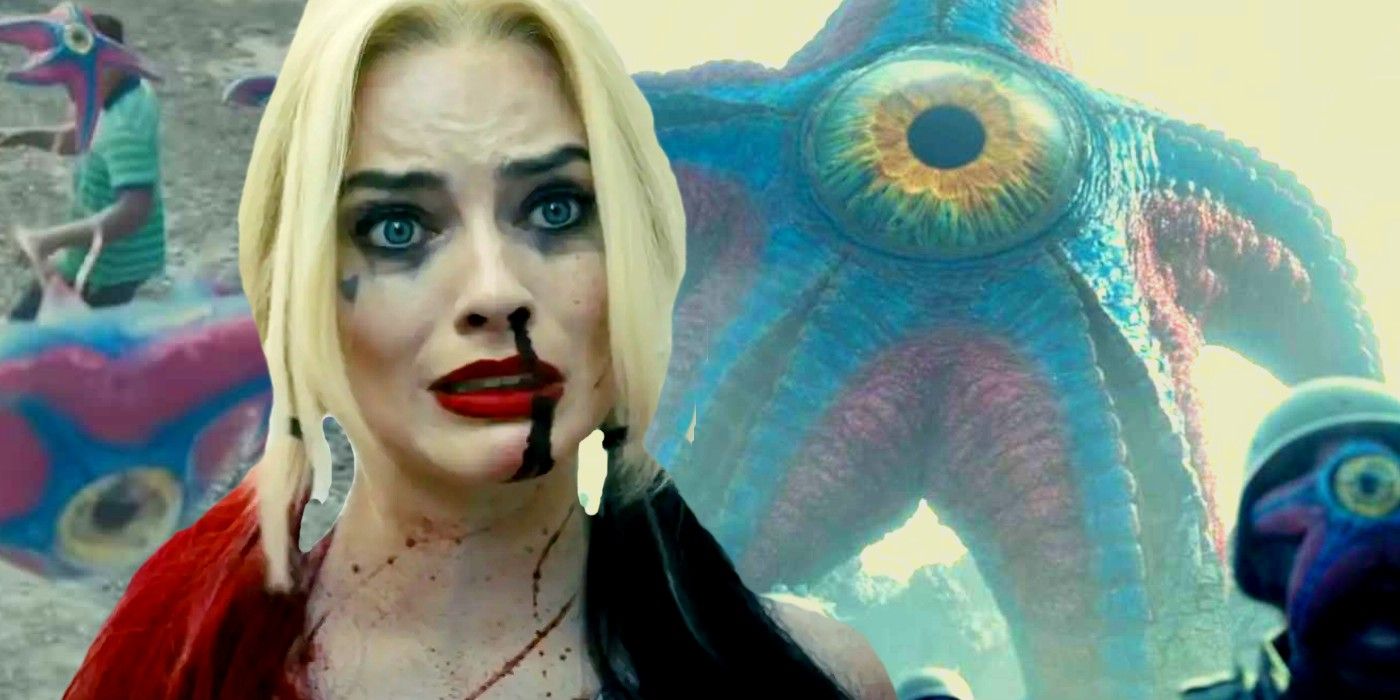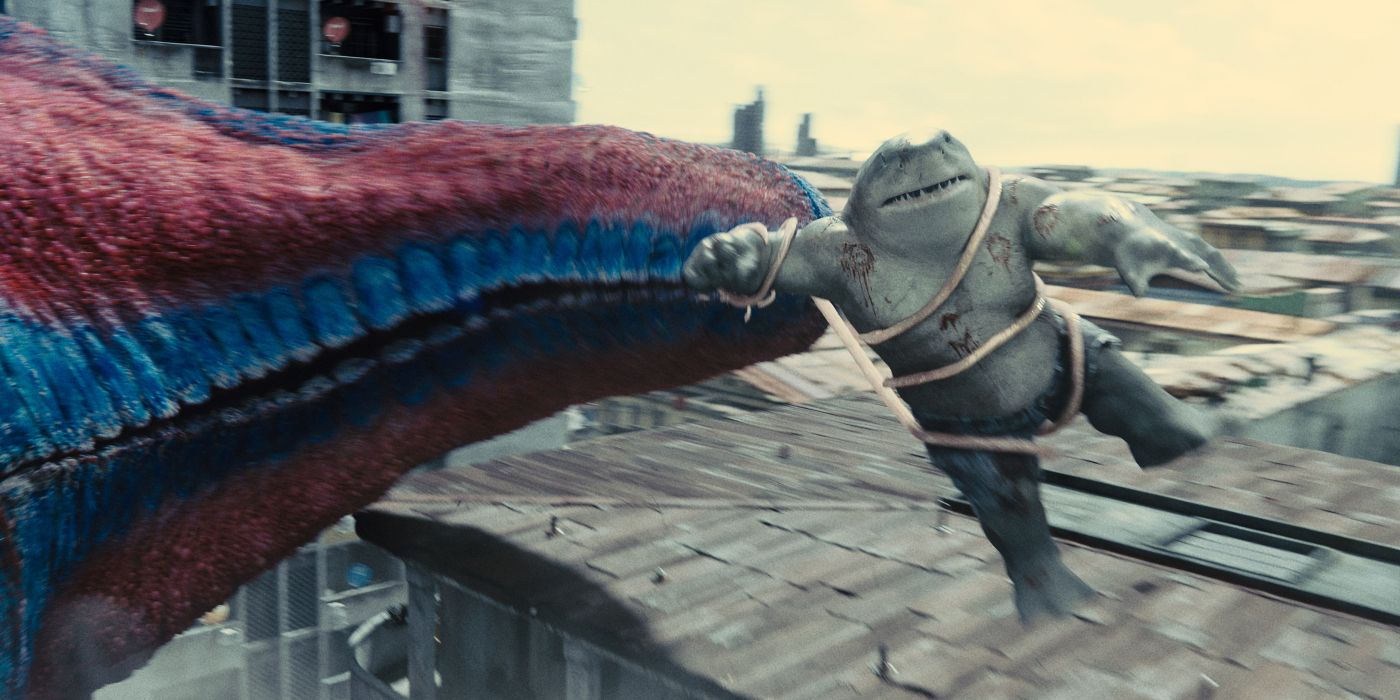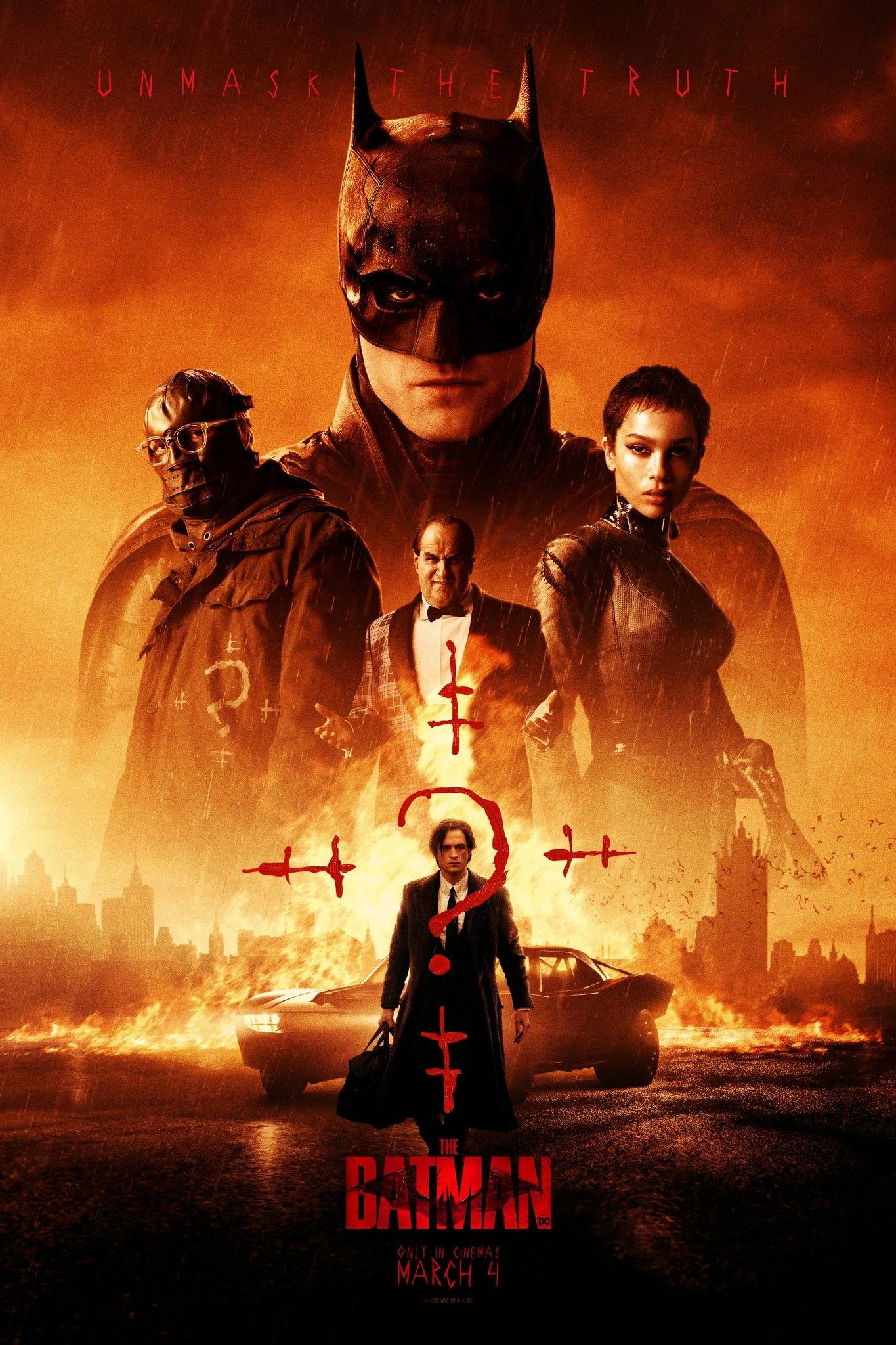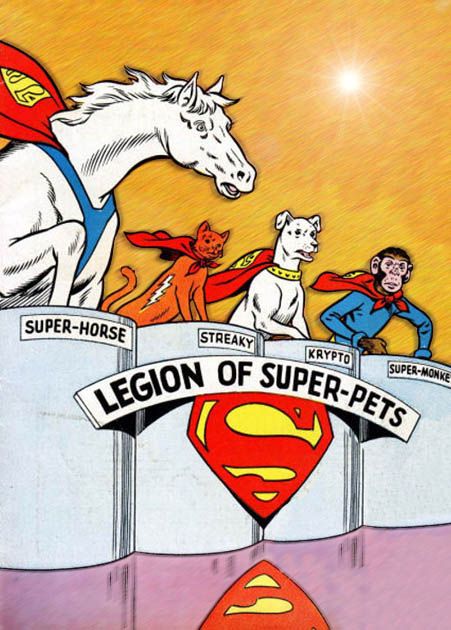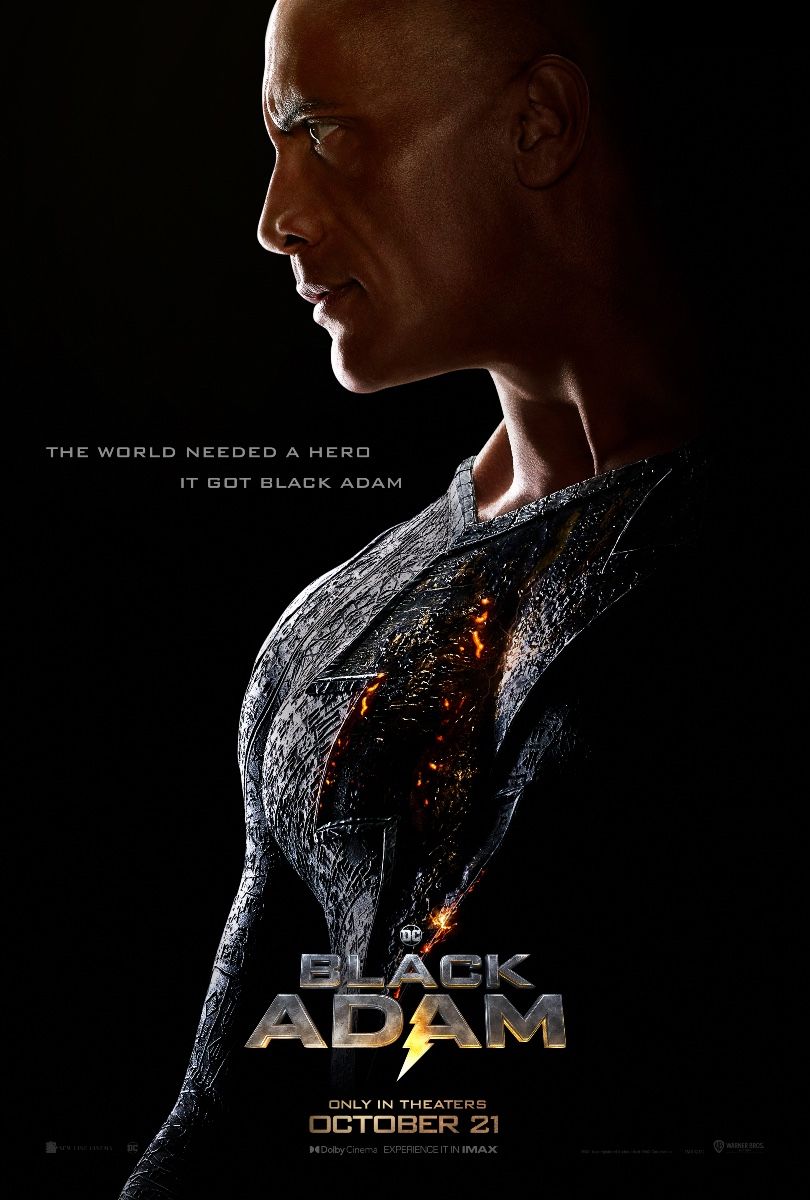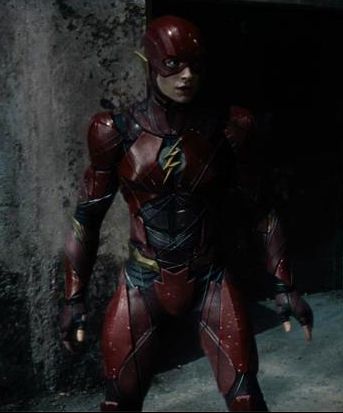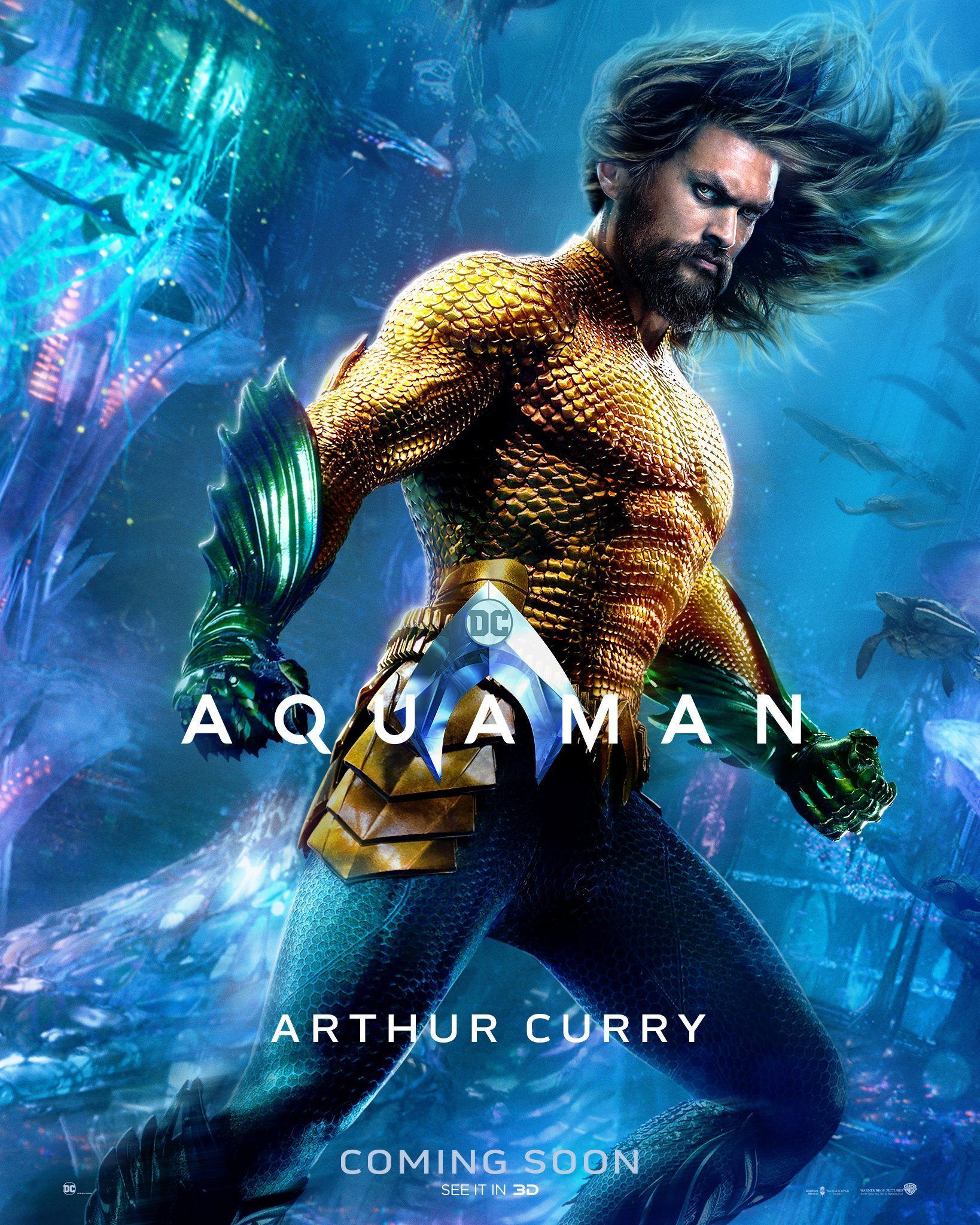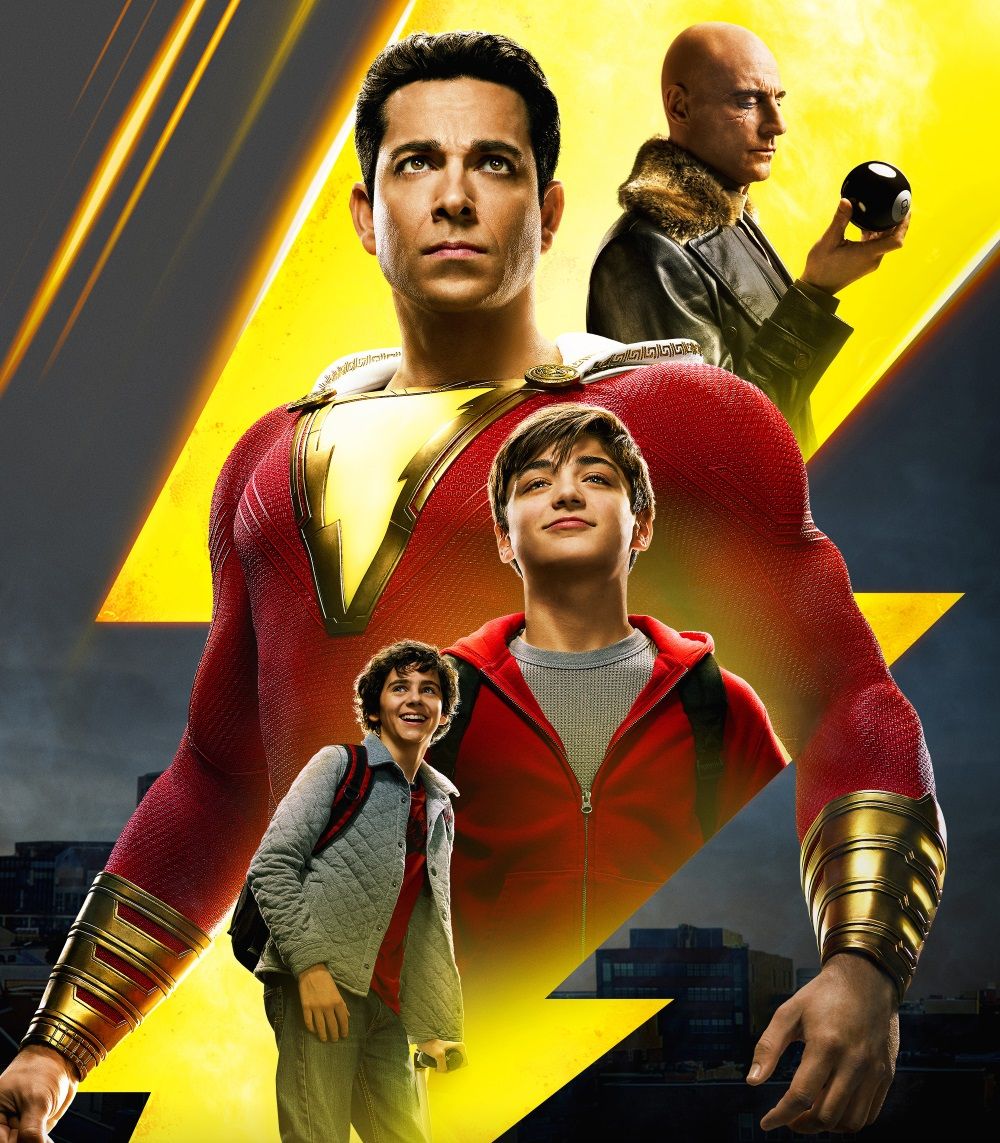While James Gunn's decision to use DC Comics villain Starro the Conqueror as the antagonist in The Suicide Squad may have provided some of the strangest, funniest sequences in comic book movie history, it came at a price. That cost was the believability factor and specifically, the idea that such a global-level threat could be taken down by such patently terrible opponents. Obviously, Gunn's narrative heart is laser-targeted at the concept of the lowliest members of society being capable of the most surprising feats, but there was a better way than this.
It may seem illogical to worry about believability in a movie that features a walking, talking shark man, but even the least grounded stories should be held accountable by their own internal logic system. There would be audience uproar if Spider-Man had taken down Thanos alone in Avengers: Infinity War, or if Batman had beaten Superman easily in Dawn of Justice, and there was significant pre-release concern over Godzilla vs Kong about how the titular fight could ever be fair. But in every case, allowances were made to not compromise on the power level of the bigger thread.
The problem for The Suicide Squad is that the DC monster is a Justice League level threat - to the extent that it's weird that the Justice League don't turn up to fight Starro during the finale - and making their victory believable means compromising the alien's powers. Even then, the idea of a reduced Suicide Squad, consisting of just Bloodsport, Harley Quinn, King Shark, and Ratcatcher 2 (and Sebastian, of course) combining to take down Starro is problematic a best. This is a world conqueror in action, and in the end, the kaiju falls with almost comical ease thanks to a MacGuffin (the spear) that is never actually given any lore to back it up (as another gag).
The solution, in-movie, is to add some loopholes that make the defeat of Starro more plausible, but that too comes at a cost. The sight of the Suicide Squad overcoming the body-snatching spores simply by covering their faces while the whole Corto Maltese army and civilian population fail to follow either the easy lesson of their compatriots or the instructions shouted by Task Force X. It's a little silly, to say the least. And beyond that, Starro only uses its small tentacles to smash Peter Capaldi's Thinker and to use King Shark as a wrecking ball and ignores how useful they'd be to stop the other Squad members in their last stand. Sadly, it's all necessary to make their victory make sense.
It would have been far better if the Squad had avoided killing Starro all together and instead of a mournful complaint that Starro was minding its own business watching the stars when it was captured, it could have been returned to its home. The idea of Task Force X seeing past its monstrous form and its (justified) rage and recognizing it as a fellow "lowly, misunderstood creature" like Ratcatcher's rats would have been a far more fitting ending, without having to hamstring Starro in the process. The message would have fit The Suicide Squad's heart far better and there would have been no issue with the believability factor.

